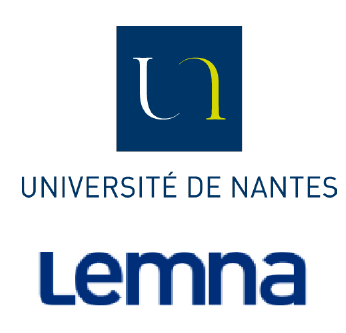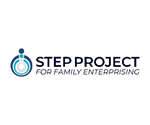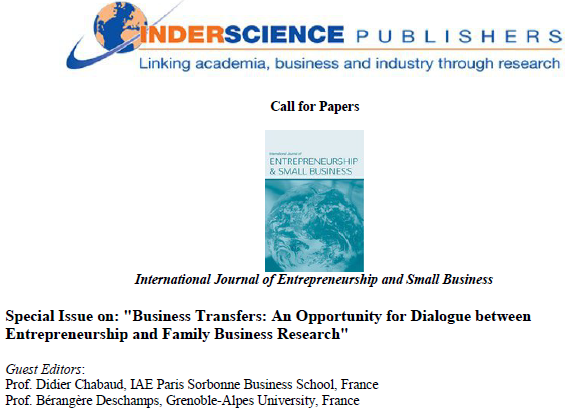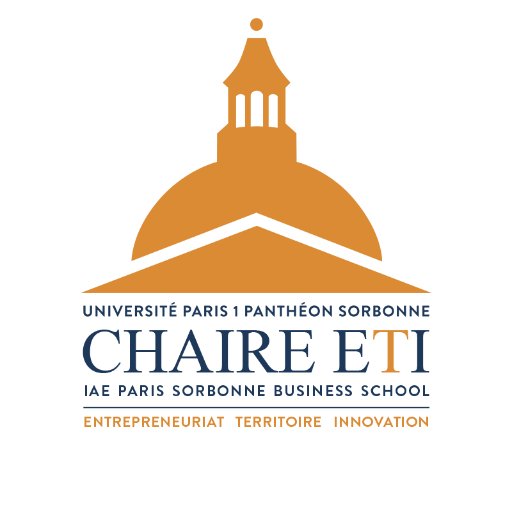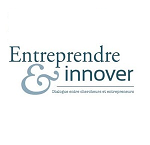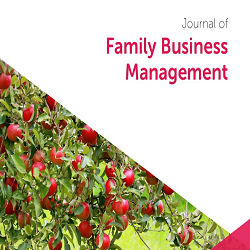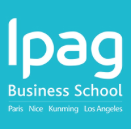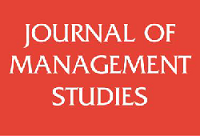Journée de recherche Observatoire de la pérennité des entreprises familiales
Nous vous informons que le 10 juin prochain se tiendra la Journée de recherche de l’Observatoire de la pérennité des entreprises familiales, de l’IAE- Université de Nantes organisée par Paulette ROBIC et Dragos ZELINSCHI et Marine GOUEDARD.
L’objectif de cette journée est de présenter et mettre en discussion les récentes recherches menées sur la pérennité des entreprises familiales autour de trois sessions : 1. L’innovation, 2. Le Genre, 3. L’histoire
autour desquelles Céline Bessière (IRISSO, Université Paris Dauphine – PSL) : Co-autrice avec Sibylle Gollac de l’ouvrage Le genre du capital,, paru à La Découverte en 2020, nous dira “Pourquoi il faut étudier le genre du capital”
La participation est gratuite, mais l’inscription par e-mail est exigée, le nombre de places étant limité pour des raisons logistiques.
Inscription et renseignements : paulette.robic@univ-nantes.fr , dragos.zelinschi@univ-nantes.fr

